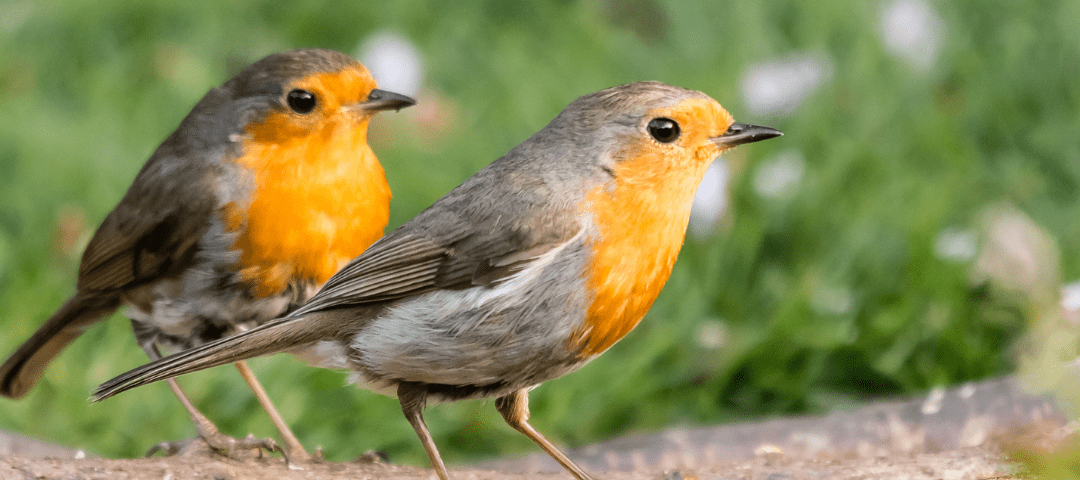Do Robins Avoid Birdfeeders? Why?

At-Home Spinal Pain Treatments (And When to See a Doctor)
July 8, 2024
4 Reasons to Consider Bracing a Non Injured Knee
July 15, 2024- Accident doctor
- accupuncture
- airplane headache
- alzheimer's
- best habits
- Brain Injuries
- car accident
- car accidents
- cervical strain
- colds
- concussion
- Concussions
- disc bulge
- dosage meds
- dry needling
- dull pain
- E bike injuries
- florida
- good posture
- headaches
- Headrest positions
- Headrest positions after an accident
- Healthy choices
- Healthy flying
- healthy gift guide
- Healthy SPring Ideas
- hip pain
- hyperextension
- injury doctor
- insurance
- Kayaking
- kentucky
- kids motion sickness
- lifestyle
- motion sickness
- neck injury
- no fault insurance doctor
- noise healing
- osteoporosis
- pain symptoms
- pink noise
- posterior chain
- posture
- prevent osteoporosis
- Rest
- Scoliosis
- shoulder pain
- Stress with kids after a motor vehicle accident
- TBI
- tips
- tmj
- torn muscle
- Traumatic Brain Injury
- trigger points
- VitaminD
- What are Post Traumatic headaches?
Why Robins Avoid Bird Feeders
Part of living a more healthy and balanced life is enjoying the great outdoors. If you are one who loves to feed your local birds utilizing a variety of bird feeders, you may have noticed that robins will not come to eat. You are not doing anything wrong and although they are common throughout the backyard, they will not be a common site for bird feeders. While feeders attract a variety of bird species, including cardinals, blue jays, finches, sparrows, and chickadees, robins often seem oddly absent. Dr. Aaron Workman, a member of one of the highest rated medical programs in Kentucky for car accident injuries, enlightens us on why the robin does what it does.
Robins, scientifically identified as “Turdus migratorius,” are known for their preference for feeding on insects, earthworms, and fruits rather than seeds. Unlike many small songbirds that frequent feeders stocked with seeds and suet, robins have specific dietary needs that are not typically met by traditional bird feeders. What is so different about the robin?
Dietary Preferences
Robins are primarily insectivorous during the breeding season, relying heavily on insects and small creatures to feed themselves and their birdlings. Their diet includes beetles, caterpillars, grasshoppers, and spiders, among others. This preference for protein-rich food sources is crucial for their nutritional needs, especially during the demanding breeding and nesting periods.
Feeding Behavior and Environments
Unlike seed eating birds that can easily perch and peck at bird feeders, robins prefer foraging on the ground. They are often seen hopping on lawns, pecking the soil with their beaks in search of earthworms and insects. This ground feeding behavior is more aligned with their natural foraging, making them less likely to visit elevated bird feeders. They are known to frequent lawns, gardens, and parks. This behavior is very different from most of the other feeder visiting birds that perch and peck all day long at our various bird feeders.
Built Different
Their digestive system is optimized for processing proteins and fats found in insects. Their digestive tract is relatively short, making them more efficient in the breakdown and absorption of nutrients from animal and insect-based diets. They have a slender, pointed beak that is made for probing and grasping insects. This shape allows them to efficiently capture and handle small prey like beetles, caterpillars, and earthworms. Despite its slender appearance, the robin’s beak is strong and sharp, capable of breaking through insect exoskeletons to access the soft tissues inside.
Attract More Robins
If you are trying to attract robins to your yard, you can employ a few extra strategies. Add a bird bath or a water attraction. Robins may not visit your feeders, but they will come to your bird baths all day long for a dip and drink. During the winter months robins may move to feeding on berries. Planting native berry-producing shrubs and trees, such as serviceberry and dogwoods, can provide natural food sources that appeal to robins throughout the year. Maintaining a habitat with diverse plantings and minimal pesticide use can also support a healthy insect population, further enticing robins to frequent the area. Avoid spraying pesticide all over your yard as this is the robin’s dinner table. It will not come to eat if there is no food.
Now, I am not a bird expert, but having a happy and healthy life should include strategies for placing things around you that you enjoy. I enjoy watching the robins bounce around my yard. Even more, I know they are doing the work needed to maintain the bugs! This should make you appreciate their uniqueness and enhance their value in the backyard habitats you create. By understanding their nature, you may think twice before altering or spraying your backyard, as this is their natural bird feeder.
— This article is written by Aaron Workman, DC, one of the members of Chambers Medical Group’s team of car accident chiropractors who offer a variety of treatments and therapies ranging from diagnostic testing to various soft tissue therapies for car accidents and injuries in Kentucky.
- Car Accident Medical Clinic in Tampa
- Car Accident Medical Clinic in Plant City
- Car Accident Medical Clinic in Brandon
- Car Accident Medical Clinic in Lakeland
- Car Accident Medical Clinic in Sarasota
- Car Accident Medical Clinic in Louisville
- Car Accident Medical Clinic in Lexington
- Car Accident Medical Clinic in Florence




